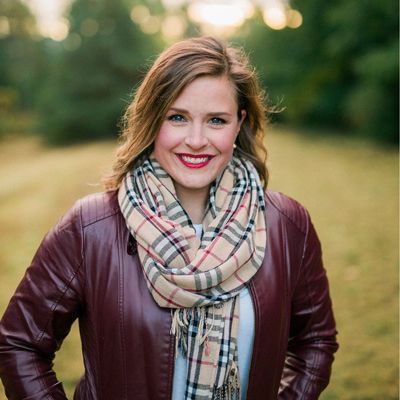Understanding your scope of practice as a health coach can be confusing, especially when it comes to giving nutrition guidance.
We want to bring clarity to your practice as a health coach. This is why we sat down with two legal experts and three health coaches to help you get clear on how you can use meal plans and recipe collections to support your clients and grow your health coaching business, all in a way that stays within your scope of practice.
First, we’re going to explore the legal considerations for health coaches, especially as it pertains to giving nutrition guidance. Then, we are going to take a deep dive into the inner workings of three health coaching businesses, to discover how they guide clients with their nutrition while staying within their scope of practice.
Legal Considerations for Health Coaches
First things first, let’s explore the legal considerations for health coaches. To do this, we’re calling in the experts.
Lisa Fraley is an attorney, life coach, and Certified Holistic Health Coach who has helped hundreds of heart-centered business owners get legally covered and protect their businesses and brand.
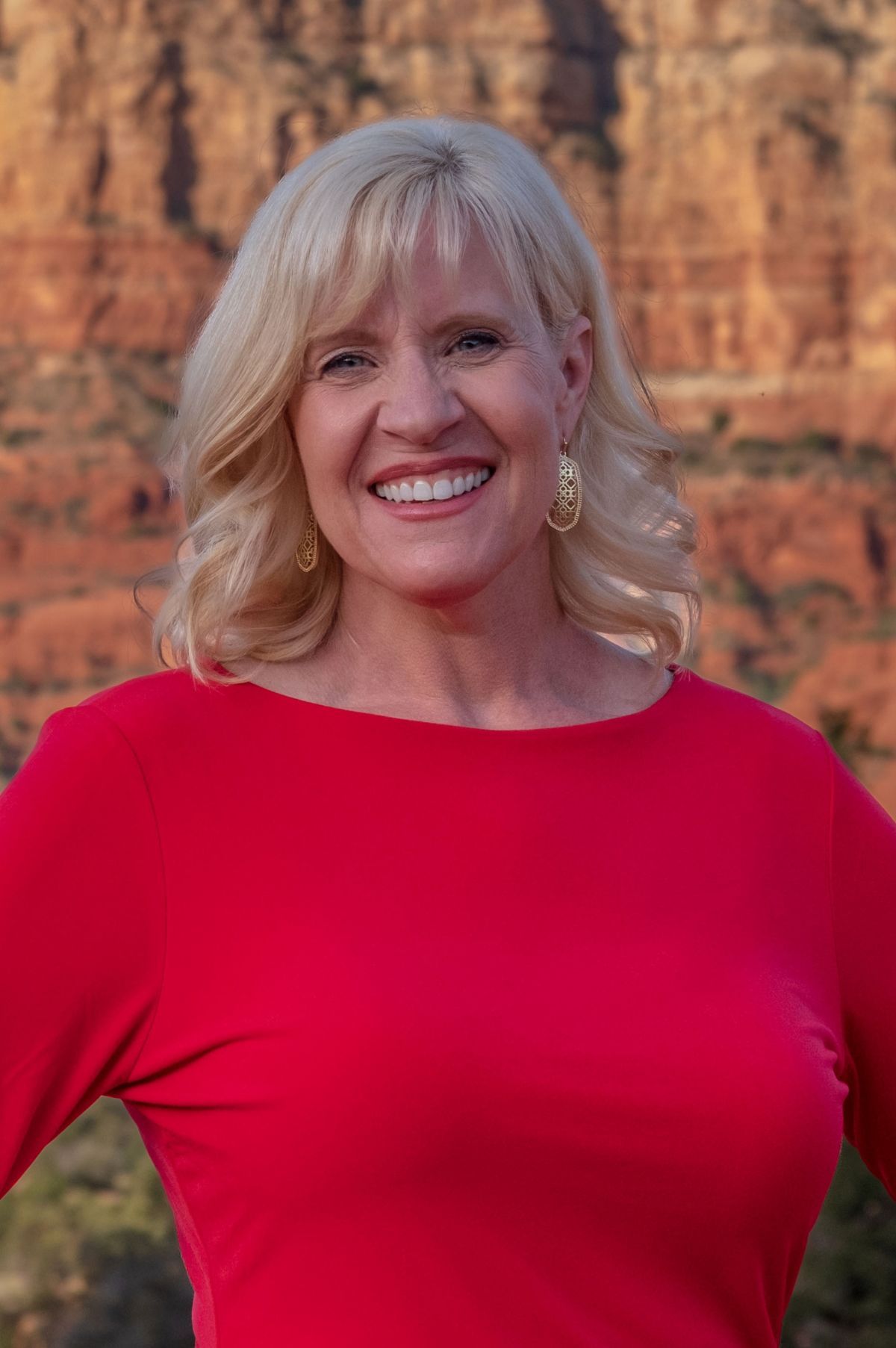
Sam Vander Wielen is an attorney turned entrepreneur who helps coaches legally protect their businesses.

We sat down with Lisa and Sam to get a better picture of the dos and don’ts for health coaches.
Health coaches must understand the law and their role as a coach.
The rules and regulations for health coaches vary from region to region. Because of this, Lisa explains it is imperative for health coaches to get familiar with the nutrition and medical laws in their state, province, and/or country. Connecting with a legal expert who is well-versed in the health coaching space (like Lisa or Sam) is the best way to get familiar with these laws.
In addition to the law, health coaches must also understand and stay within their role as a coach. Lisa explains that the role of a health coach is to help clients take small sustainable steps to shift behavior and habits, to eat healthfully, to have healthy lifestyle habits, and to move towards greater health.
Sam explains that a coach is a cheerleader, a supporter, and a habit helper. While a health coach can help a client explore the options, they should not be telling a client which option to choose.
“A coach's role is to help guide the client on their journey. A coach can illuminate the options available to the client and help the client reach their own decision about which path to take, but a coach's role isn't to tell the client which path to take.”
Health coaches should not give prescriptive medical advice.
According to Lisa, health coaches should never diagnose, treat, prevent, cure or heal any medical disease condition or issue. These things are considered practicing medicine and are out of the health coach's scope of practice.
“Generally speaking, health coaches don't ever want to be in this space of diagnosing, treating, preventing, curing, or healing any medical disease condition or issue because they don't want to put themselves in a position where they might be accused of practicing medicine.”
The focus should not be on the client’s disease or medical issue, but rather on helping the client towards optimal health.
Lisa likes to use an analogy to better demonstrate the importance of a health coach's role.
“If you completely tear your ACL, the personal trainer will help you take a broken knee after it's been surgically repaired by the orthopedic surgeon and restore that knee to its regular function. But when you go to a personal trainer, their job is not to surgically repair the knee. So the same is true for the health coach. The health coach might need to know or ask in the initial consultation about any diseases, medical conditions, issues, or medication. But then after that, everything should be focused on how you move toward optimal health. You don't really need to talk about the disease again, because the purpose of the health coach is not to heal or treat the disease.”
Providing nutrition guidance as a health coach.
Because health coaches should not give prescriptive medical advice, providing nutrition guidance can be a tricky situation.
Lisa explains that because meal plans tend to be prescriptive, she generally encourages health coaches to avoid creating personalized meal plans for their clients. Instead, she recommends that health coaches put together a collection of healthy recipes that can support the client with their goals.
Similarly, Sam reminded us that health coaches should not be telling clients how much of a particular food to eat (or not eat) in a day, as this is considered prescriptive. Instead, the health coach should focus on organizing information for their client, like recipes and shopping tips, so they can make their own decisions.
Some health coaches are able to help clients do their own meal planning, or use sample meal plans - but this depends on the laws in the region where the health coach is practicing.
How Health Coaches Can Use Meal Plans & Recipe Collections
Now that we understand the legal considerations, let’s explore how three successful health coaches are using meal plans and recipe collections to better support their clients and grow their businesses, all in a way that stays within their scope of practice.
Providing recipe books to help clients meet their needs.
Health coach, Sharae Jenkins, likes to take the guesswork out of meal times for her clients.
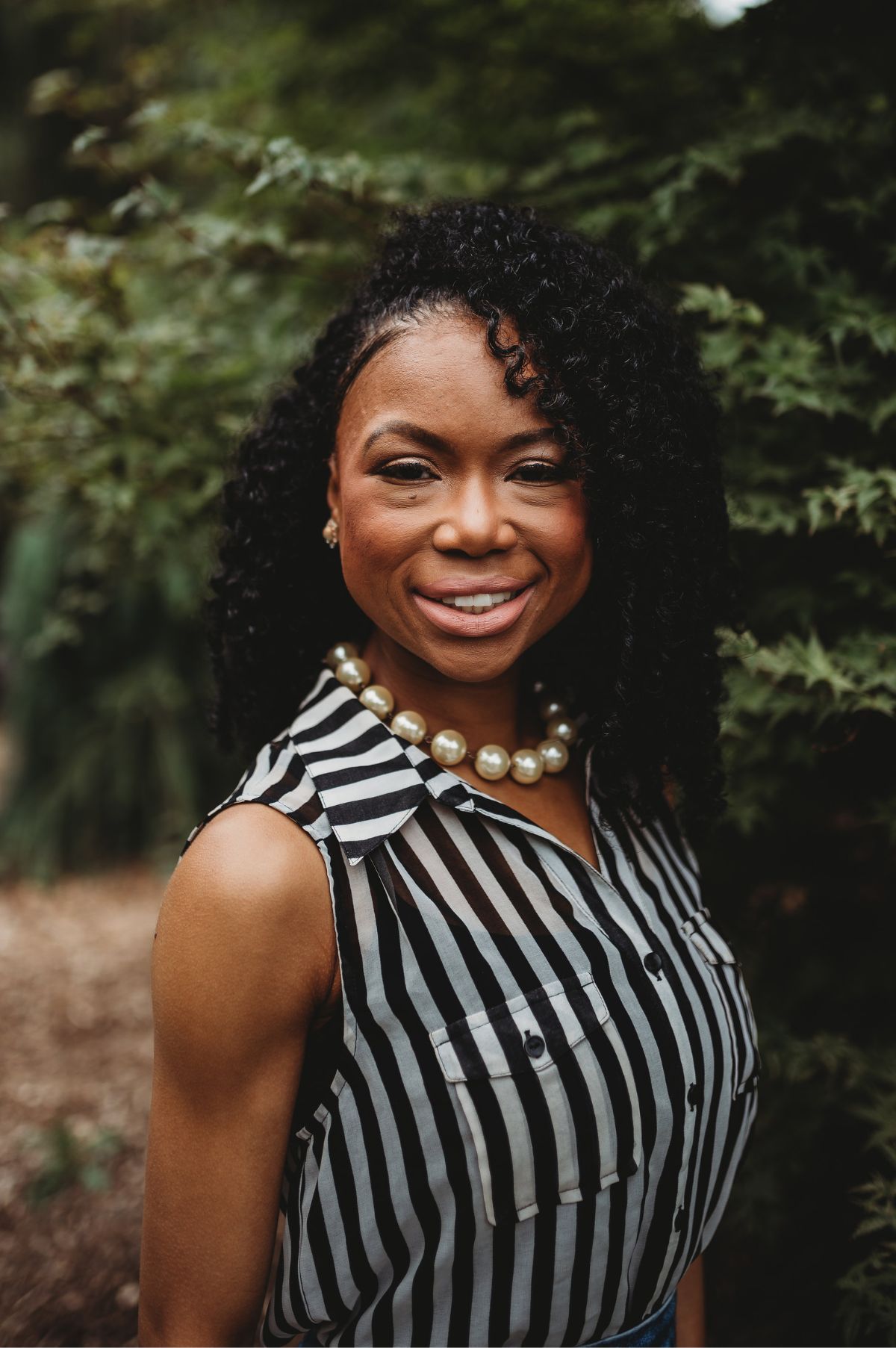
Sharae knows she can help clients move away from mindless bowls of cereal for dinner on busy nights and instead fill their plates with ingredients that feel good to them. She does this by focusing on what her clients can add and offers recipe books to meet those needs.
For example, let’s say one of Sharae’s clients says they would like to eat more vegetables. Sharae can provide them with a recipe collection that contains fun ways to incorporate more vegetables.
“I like to focus on what my clients can add. Instead of always being in the mindset of, 'What can't I eat? I need to restrict this and cut that' I like to ask my clients 'What's missing?' 80% of the time they say 'I need to eat more vegetables.' So, I made a recipe book with different vegetable side dishes. There's so much variety this way and they’re not just eating steamed vegetables.”
Sharae said her clients love this because it helps them think outside of the box when it comes to cooking and lets them get creative with all of the ways they can bring more vegetables into their day-to-day.
Empowering clients to do their own meal planning.
A wise person once said, “If you give a man a fish, you feed him for a day. If you teach a man to fish, you feed him for a lifetime.” Health coach and Personal Trainer, Leanne Dawson, embodies this proverb by teaching her clients how to do their own meal planning.
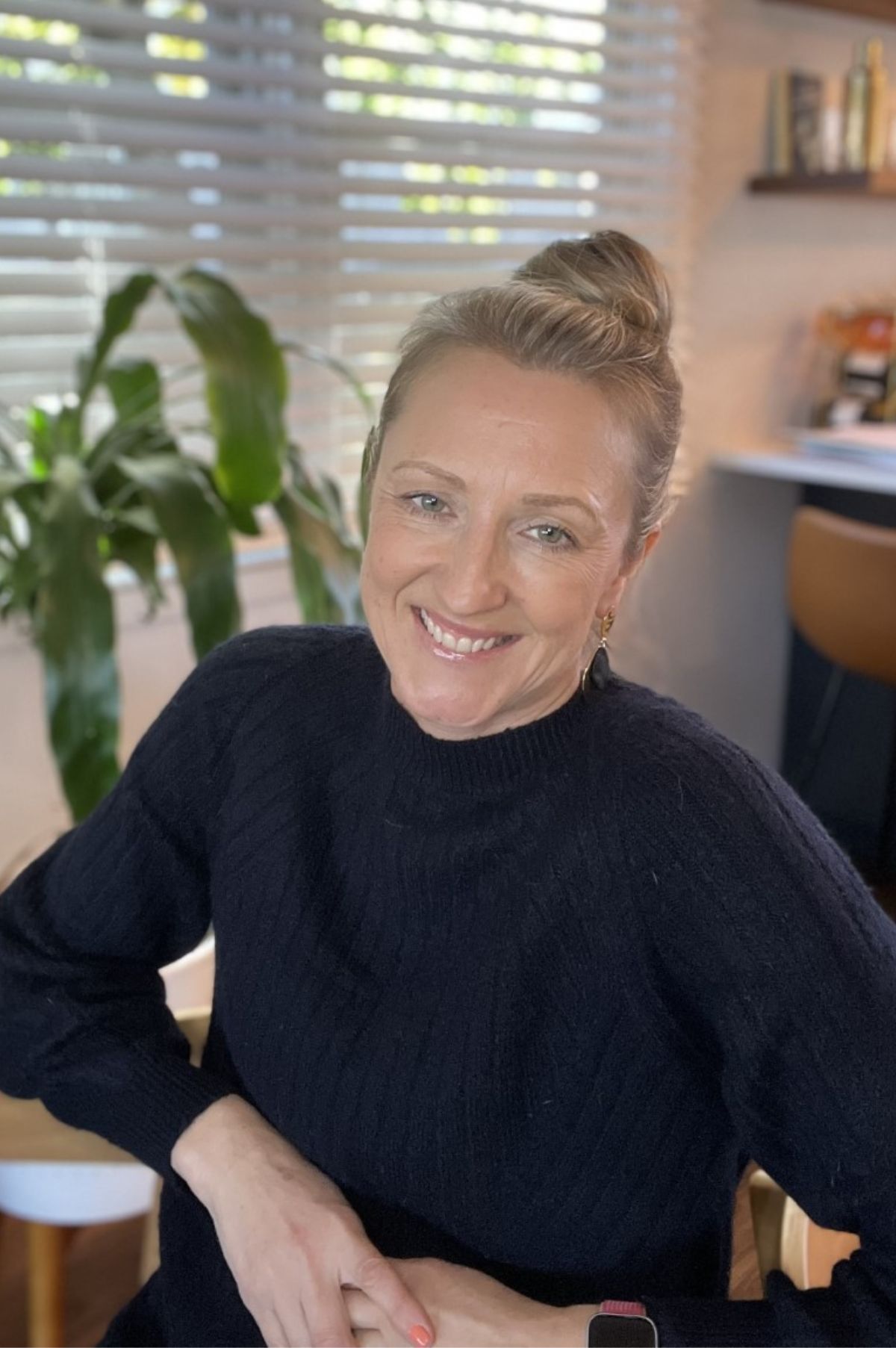
Leanne provides her clients with a sample meal plan, which shows them how a meal plan could look, and also a collection of recipes that they can use to build their own meal plans.
“My intention is to teach my clients to fish rather than me fishing for them. So for my private clients, I create a recipe book for them. They can use the sample 3-day meal plan as inspiration, and I help guide them through the process at first, but they ultimately lean on their recipe collection and blank meal plan template to meal plan for themselves.”
Leanne believes services like this help health coaches grow and scale their businesses because they are teaching life-long skills that stick with their clients.
“I think very few people on a long-term basis want to pay for meal plans. If they want a sustainable health transformation, you need to give them the tools and teach them to do it themselves. Give them a beautiful recipe collection and meal plan template and they can learn how to meal plan themselves.”
Using sample meal plans or recipe collections to attract new clients.
Health coach, Stephanie May Potter, uses recipe collections as a way to attract her ideal clients. She puts together collections of recipes that speak to her ideal client’s main pain points, creates a landing page, and then promotes the free offer as a way to grow her list. Once leads are on her list, she can continue to nourish them in the hopes that they eventually become paying clients.
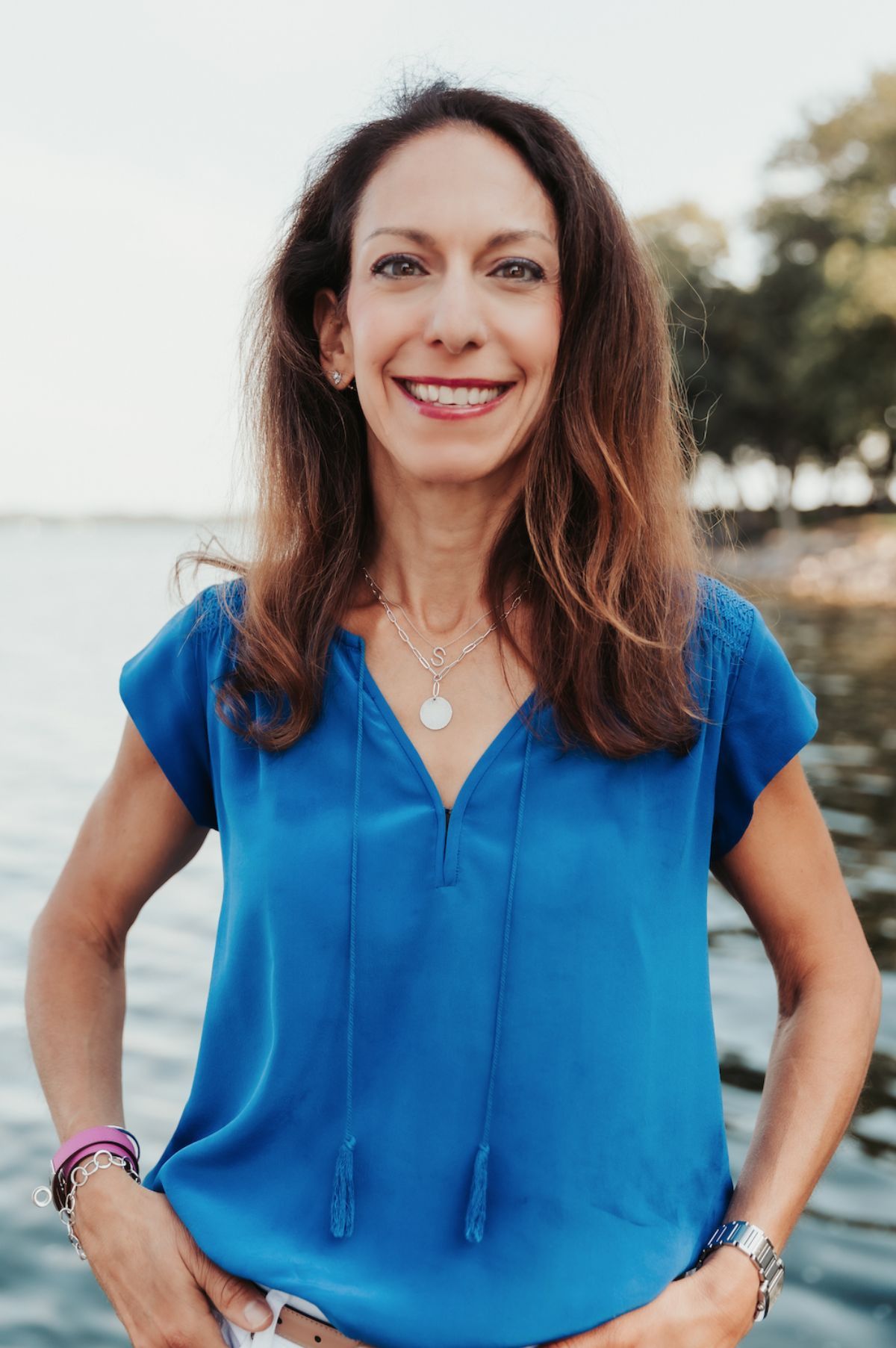
Stephanie also uses That Clean Life’s Assessment Tool to get a better understanding of the nutrition resources her three and six-month one-on-one clients need when they sign up to work with her.
“My one-on-one clients fill out an assessment. It's just a simple questionnaire so that I can provide them with recipes tailored for their family and how much time they want to spend on their health goals.”
Using sample meal plans or recipe collections for group programs and challenges.
Aside from one-on-one clients, Stephanie also uses That Clean Life to create resources for her group nutrition programs, free challenges, and a quarterly detox challenge. She uses the filters inside of That Clean Life to find recipes that work for her participants and puts the recipes into a recipe collection or sample meal plan.
Stephanie finds that when her clients and program participants have the right recipes, they are much more likely to be successful.

“It's so important and really helpful to be able to provide participants with recipes, that way they don’t have to think about what to make within the confines of the program. This is a feature that everyone loves, including me and my family.”
Using That Clean Life to easily provide sample meal plans and recipe collections.
Creating sample meal plans and recipe collections could take hours and be very time-consuming, but That Clean Life helps health coaches do it in minutes.
Stephanie, Sharae, and Leanne all agreed that without That Clean Life they wouldn’t have been able to scale their businesses the way they have. The time they would typically spend piecing together nutrition resources has been significantly reduced.
Stephanie mentions that she no longer has to spend hours sourcing recipes and putting them together for clients.
“I've always provided recipes to my clients, even before using That Clean Life. I would've saved hours and hours had I used That Clean Life from the onset. I used to have to search and create Pinterest boards, print out recipes, mark them up and give my clients a binder of recipes. Even just formatting took hours of work for recipes that were difficult to find to ensure they included all of the ingredients we were focusing on. That Clean Life has provided me with all of that functionality right at my fingertips, saving me so much time.”
Sharae believes that providing nutrition resources is what differentiates her and her service offerings and leads to more successful clients.
“That Clean Life has helped grow my business. Oftentimes my clients will say, 'Oh, this is so different from my last program where they just gave me one 5-day meal plan and a really small list of foods to include'. So I give my clients a pantry guide that has healthy ingredients to have on hand. I like giving recipes and these recourses because it's a roadmap for them to follow. I don't want people to feel helpless. I don't want to tell them to go search for some recipes and figure it out on their own. I'd rather give them some kind of roadmap.”
While it may appear that health coaches have more limitations in the nutrition space, they can still empower their clients with easy and simple nutrition resources, all while staying within their scope of practice. These resources allow them to attract more clients, provide a higher quality of care, and expand their service offerings.
Key takeaways:
- Health coaches must understand the law and their role as a health coach. They can connect with a legal expert (like Lisa or Sam) to understand their state, provincial and/or country laws.
- Health coaches should not give prescriptive medical advice. They should instead help their client towards optimal health.
- Health coaches should avoid personalized meal plans for their clients and instead focus on organizing recipes and shopping tips as a resource.
- Depending on where they are practicing as a health coach, some health coaches can use recipe books, sample meal plans, and meal planning guides to help their clients.
- Health coaches can use recipe collections to attract new clients.
- Using That Clean Life to provide sample meal plans and recipe collections can save health coaches time, provide a higher quality of care, and scale their businesses.
Disclaimer: This post does not constitute legal advice for your individual practice.
